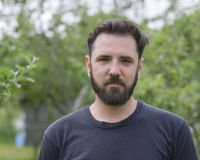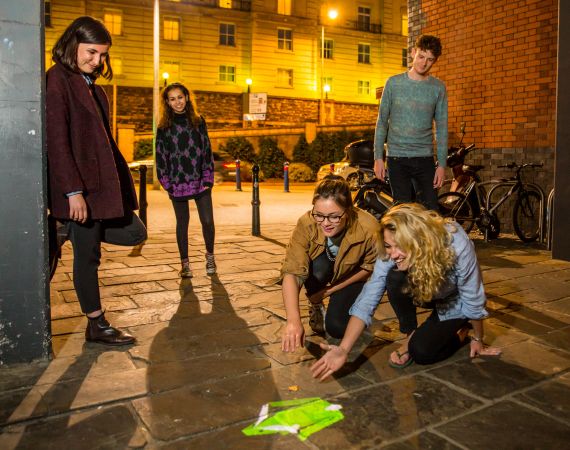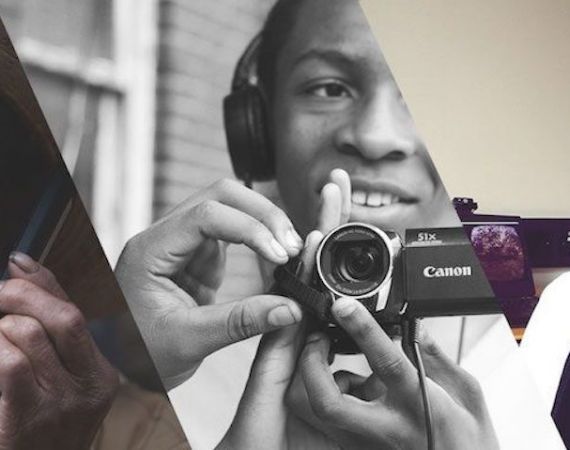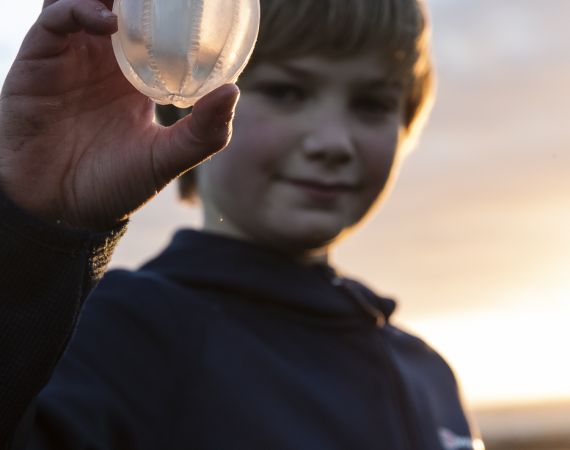UnEarthed
'Soils define culture. Throughout history soil has defined human societies perhaps more strongly than any other single environmental variable. Its fertility defines our food, our population and our economy. Its colours define our art. Its organisms may define our health. Yet, the importance of…
Image Credit - Jessica Noble
Made by
'Soils define culture. Throughout history soil has defined human societies perhaps more strongly than any other single environmental variable. Its fertility defines our food, our population and our economy. Its colours define our art. Its organisms may define our health. Yet, the importance of soils in regulating human society is frequently overlooked'
Joshua Schimel
OVERVIEW
UnEarthed started in early 2020 as lockdown 1.0 began. The pace of life slowed and everyday living became simplified, even as this strange new ‘normal’ developed beyond the walls of our homes. We travelled less and walked more, our carbon emissions went down and slowly the planet had the chance to breathe. Nature has spoken and our extractive systems have come to a halt, giving us an opportunity, pandemic allowing, to take stock and design a different future, one that we want, that works for us all. A better world IS possible.
Soil has often been overlooked in environmental conversations, regenerating its health is proving fundamental to the future of our existence on this planet. In the UK, widespread cultural perception of soil is so often reduced to mundane and repulsive language that sits alongside pessimism, gloom, depression, poverty and filth. The term ‘dirt’ actually emerged in the fifteenth century to mean smutty or morally unclean. By reducing the Earth's principle life-sustaining substance to ‘dirt’ instead of celebrating its vitality we have carved a difficult path for the future of soil on Earth. Our capitalistic abuse of soil is having a devastating effect on our own connection to landscapes, food sources, our health and even each other. Access to green space is a privilege and 54% of the human population lives in urban areas, so most of us have little to no functional interactions with soil, apart from the potted plants in our homes.
There is hope, and hope provides the foundations to heal. The living breathing wonder of soil and all its inhabitants provides us with opportunities to learn, heal and reimagine a hopeful future where we are deeply reconnected to nature and reshape the systems that have got us into this mess.
From my research as part of the Spring Residency at the studio, I am trying to understand how and what we might learn from observing, discussing and presenting the wonders of this living, breathing world as it adapts to human impact. Starting from the ground up I hope that a better understanding of soil ecosystems could help us form better approaches to tackle the environmental crisis, focusing on racial, social and economic justice and finding better ways of addressing the complex factors that reinforce the anthropocene.
What happens if we find new ways to engage with, celebrate and harness the wonder of soil? What might this teach us about ourselves, our societal systems and environments?
What if we start using positive terminologies and metaphors and redefine existing ones to celebrate the life-giving functions of soil? How can we cultivate sensitivity and acquire local knowledge about our soils?
I am interested in comparing the self-organising systems of humans and soil to find a symbiosis through deep listening, conversation, play, and the formation of interspecies narratives through co-creation. A challenge of this work will be to create an interpretation of the soil biota without the projection of our own humanness and instead to understand these amazing organisms on their own terms.
The main challenge I have faced in reading about climate change is that there are a LOT of regurgitated facts and quotes and this has blurred my lens of imagination, making it challenging to navigate. I am hopeful that by experimenting with storytelling, soil sounds/vibrations and the poetics of climate science will allow for people to engage in positive climate futures, allowing space for imagining a better future.
What happens when we take holistic approaches to environmental action? ‘Fighting’ climate change becomes healing for planet and people. That is the hopeful vision I like the sound of, that is what this work is going to collectively explore.



